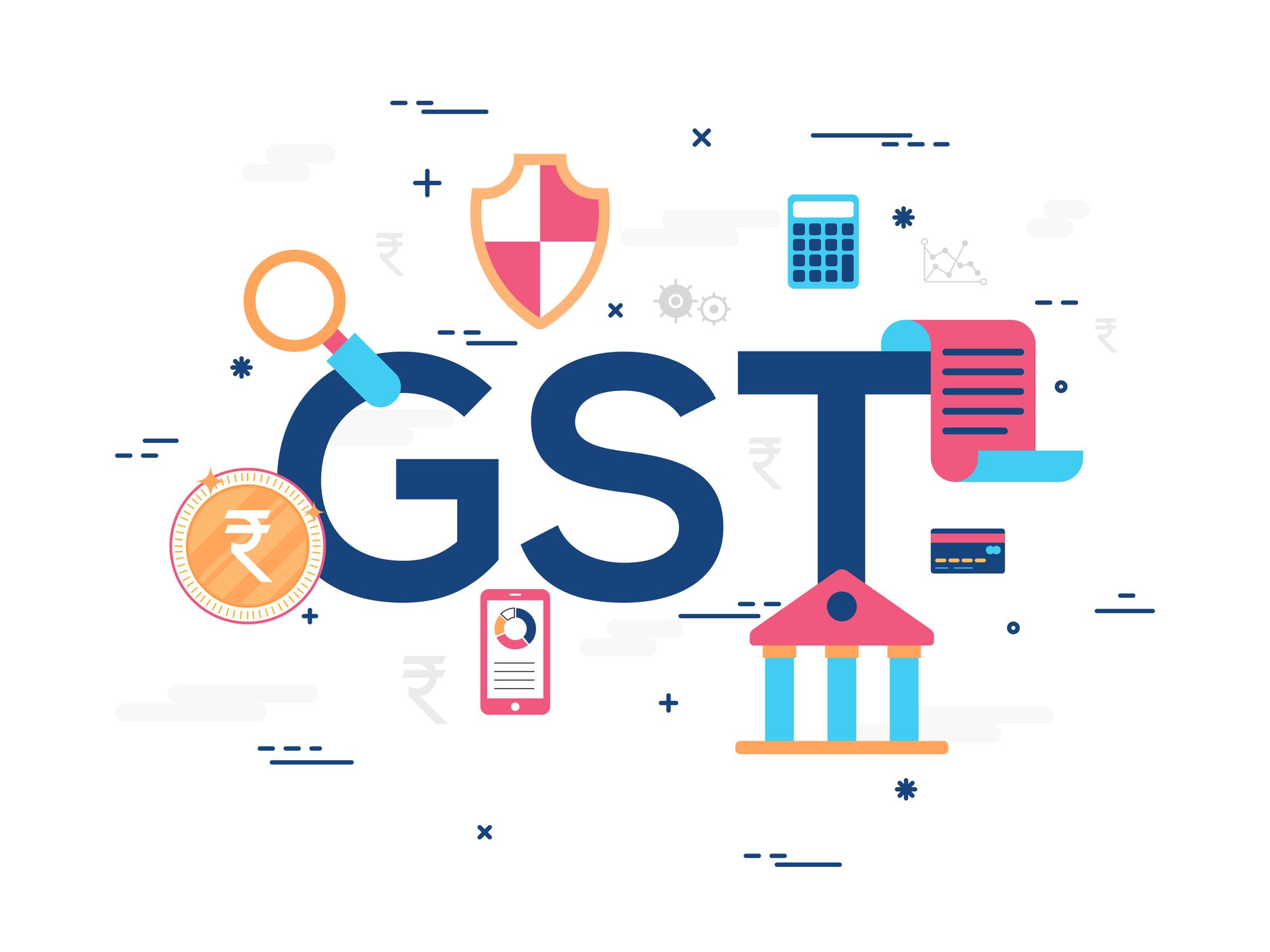Singapore GST Registration: What You Required to Know Before Using
Singapore GST Registration: What You Required to Know Before Using
Blog Article
The Ultimate Overview to Streamlining the GST Registration Process and Needs for Small Company Owners

Comprehending GST Fundamentals
To comprehend the basics of the Product and Services Tax (GST) system, local business proprietors have to initially comprehend its underlying principles and ramifications. GST is a value-added tax obligation imposed on a lot of products and services for residential intake. It aims to improve the taxation procedure by changing several indirect taxes enforced by the state and main governments. Under the GST regime, organizations are called for to register and collect tax on behalf of the federal government, making sure transparency and conformity.
One of the essential concepts of GST is input tax obligation credit rating, which permits businesses to claim credit score for tax obligations paid on their purchases. Understanding these fundamental concepts is vital for tiny business owners to navigate the complexities of the GST system and guarantee compliance with the legislation.
Eligibility Requirements for Enrollment
Having actually developed a fundamental understanding of GST concepts, local business proprietors need to currently satisfy certain qualification criteria to wage the enrollment procedure. In India, entities took part in the supply of items or solutions with an annual aggregate turnover exceeding Rs. 40 lakhs (Rs. 10 lakhs for unique group states) are called for to sign up for GST. Furthermore, specific companies such as those associated with inter-state supply of goods, casual taxed individuals, and those needed to pay tax under the reverse charge device have to sign up for GST irrespective of their turnover. Services that were registered under the previous tax regimen (BARREL, service tax, and so on) are additionally mandated to sign up under GST. Agricultural businesses that just supply generate out of main production are excluded from GST registration. It is critical for company owner to carefully analyze their eligibility based on these standards to guarantee compliance with the regulation and prevent any fines for non-compliance.
Files Needed for GST Enrollment

Simplified Enrollment Refine Steps
Following the collection and verification of the requisite records, the enrollment process for GST can be browsed with a series of streamlined steps designed to promote effective compliance for local business owners. The initial step involves checking out the GST portal and picking the 'New Registration' choice. Subsequently, the candidate should fill out Part A of the GST REG-01 kind with details such as frying pan, mobile number, and email address to get an OTP for verification. Once the OTP is gotten and entered, a Short-lived Recommendation Number (TRN) is created for additional process. The next action requires completing Part B of the type with essential company information, submitting sustaining files, and finishing the verification process making use of DSC or EVC. Finally, upon effective confirmation, an Application Recommendation Number (ARN) is released, indicating the conclusion of the GST registration process. By adhering to these simplified steps, small company owners can properly register for GST and make sure conformity with tax obligation regulations.
Tips for Ensuring Conformity
To maintain regulative adherence and operational integrity, persistent oversight and proactive measures are crucial in making sure conformity with GST requirements for local business proprietors. Small company proprietors should remain updated with GST policies, submitting target dates, and any type of changes in tax obligation prices to prevent penalties and keep a great standing with tax authorities. One important pointer for conformity is to keep exact and in-depth documents of all transactions, consisting of invoices, invoices, and costs associated with GST. On see this here a regular basis fixing up economic records with GST returns can aid in determining and rectifying any type of discrepancies without delay. Additionally, performing periodic interior audits or seeking specialist assistance can make certain that the company is adhering to all GST guidelines appropriately. It is also critical for local business owners to invest in GST-compliant audit software application that can simplify the tax filing procedure and reduce mistakes. Finally, participating in GST awareness workshops or training programs can improve understanding and conformity with GST regulations, eventually profiting Visit Your URL business over time.
Conclusion
Finally, small business owners have to recognize the essentials of GST, satisfy the qualification requirements, gather necessary files, and comply with the simplified registration process actions to ensure compliance. By simplifying the GST registration process and requirements, small company proprietors can avoid fines and run their services efficiently within the lawful structure - Singapore GST Registration. It is crucial for small company owners to remain certified and informed with GST regulations to keep an effective company procedure
Little business proprietors seeking GST enrollment should guarantee they gather and send the needed documents to finish the registration procedure efficiently. The records required for GST enrollment generally consist of proof of organization registration or unification, PAN (Irreversible Account Number) card of the company identification, address and entity proof of the promoters/partners/directors, photos, address evidence of the place of service, bank account statements or terminated cheques, and authorization types. Participating in GST awareness workshops or training programs can improve understanding and conformity with GST policies, inevitably benefiting the company in the lengthy run.
By streamlining the GST registration process and needs, tiny company proprietors can stay clear of penalties and operate their services efficiently within the legal framework. It is vital for tiny business owners to stay enlightened and certified with GST policies to preserve an effective business operation.
Report this page